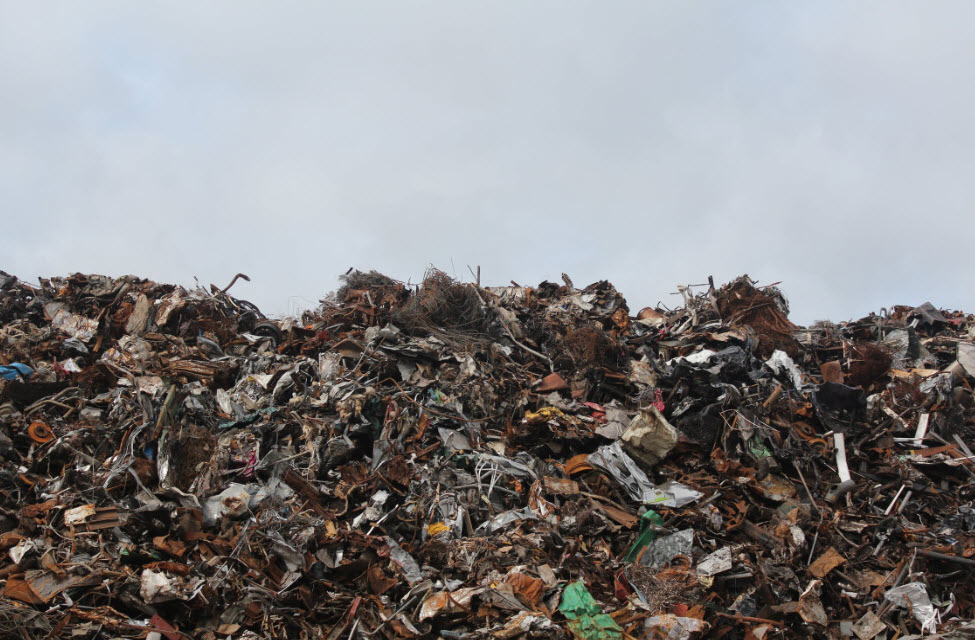
Sometimes, administrative agencies listen when people voice their concerns about new regulations. In September 2017, the Department of Environmental Conservation (“DEC”) completely revamped the State’s solid waste regulations, in an effort to make it easier for regulated entities to understand the rules they must comply with. We covered some of the major changes to the Revised Solid Waste Regulations in a previous blog post.
In practice, however, the Revised Solid Waste Regulations are flawed and, accordingly, regulated groups were quick to point those flaws out to the DEC. The new rules went into effect in November 2017, and by January 2018, a lawsuit was filed on behalf of a number of aggregate producers, asphalt manufacturers, and road builders alleging, among other things, that the Revised Solid Waste Regulations made the use of recycled asphalt pavement and concrete aggregate “uneconomic.”
With a lawsuit on their hands and mounting complaints from regulated entities, DEC decided to issue an Enforcement Discretion Letter (“EDL” or “Letter”) outlining specific areas of the Revised Solid Waste Regulations where the Department has elected to exercise its discretion in enforcing certain aspects of the regulations. The Letter was issued in March 2018, and will apply through May 2019 or until DEC amends the new regulations. The EDL highlights four specific areas of the Revised Solid Waste Regulations.
Materials used in cement, concrete and asphalt pavement
Plaintiffs in the January lawsuit rely upon the old solid waste regulations that designate Beneficial Use Determinations (a/k/a BUDs) of materials, such as asphalt and concrete for road and other construction projects. As a direct result of the Revised Solid Waste Regulations modification of the beneficial use determinations, plaintiffs alleged that more materials would be landfilled, pollution would increase, and the cost of public infrastructure projects dramatically increase.
Hearing those concerns, the EDL allows the old solid waste regulations to remain in place by suspending requirements for the transport and storage of “exempt” materials until May 2019 or until DEC amends the regulations. DEC explains in the Letter that it aims to maximize recycling of these materials by increasing how much concrete and asphalt contractors and others can store prior to reuse. The Department is also allowing the transport of these materials without a Part 364 waste transporter registration or permit, which is a welcome relief to many small construction companies.
Waste Tires
The Department will use its enforcement discretion to provide more time to create a workable solution for the use of waste tires on farms with the agricultural community.
Construction and demolition facilities sampling permits
Under the Revised Solid Waste Regulations, the new requirements for the sampling of fill material harms those facilities seeking to renew or obtain their permits before May 3, 2019 because they would be required to conduct additional sampling of fill material. The DEC recognized that this would result in facilities waiting to modify their permits until the deadline has passed in order to avoid costly sampling their competitors otherwise would not have to conduct. As a result of this imbalance, DEC decided to delay enforcing this sampling requirement so that all facilities will be required to conduct sampling around the same time.
Storage of Regulated Medical Waste
The Revised Solid Waste Regulations require the disposal of Regulated Medical Waste within a specified timeframe. For devices or objects used to puncture or lacerate the skin (a/k/a sharps), facilities are required to remove containers when the container is full, generates an odor or within 90 days of disposal. After receiving concerns from small medical offices, DEC will exercise its enforcement discretion to allow small generators, like dental offices, to fill their sharps containers completely before removing them instead of holding them to the 90-day limit.
We are interested in seeing the types of cases that will follow the Revised Solid Waste Regulations, as affected industries will continue voicing its concerns to the DEC in the coming years.
Read the DEC’s Enforcement Discretion Letter regarding the Revised Solid Waste Regulations here.
Call the attorneys of Periconi, LLC at (212) 213-5500 if your facility is subject to an enforcement action by the DEC or if you need more information on the Revised Solid Waste Regulations.

